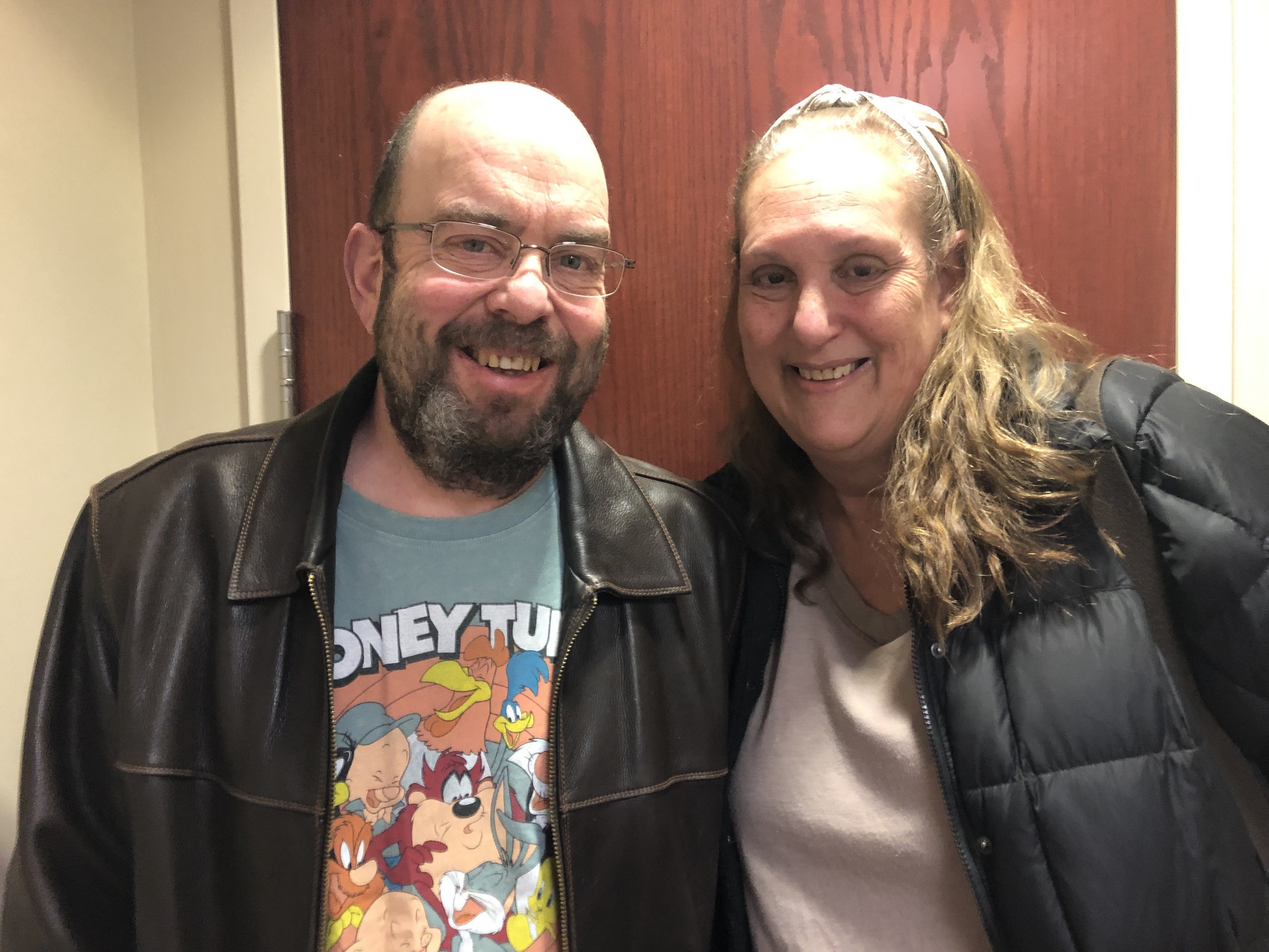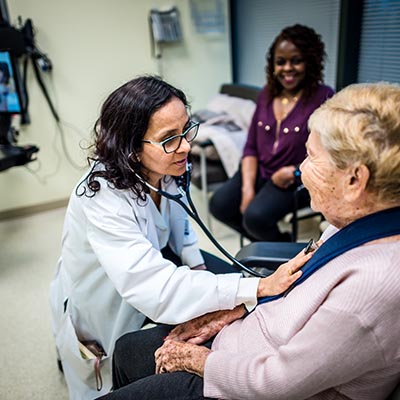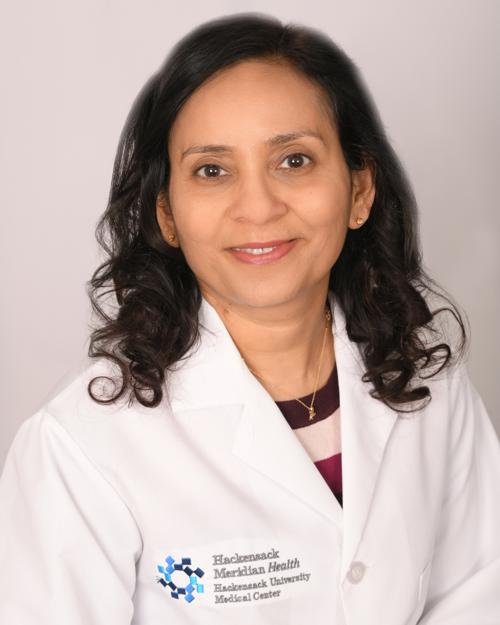When Dementia Strikes at an Early Age

May 03, 2022
Sheldon Furman was a typical father and husband, but at age 54, his life took a drastic turn.
The father of two girls suffered a massive heart attack, known as a widow maker, caused by a 100 percent blockage of the left artery.
“We thought we were going to lose him,” says Sheldon’s wife, Robin.
Thankfully, Sheldon survived the heart attack, but shockingly, his family said they started to lose him in another way. “We noticed that his memory and cognition were failing,” explains Robin.
Adds Manisha Parulekar, M.D., chair of the Division of Geriatric Medicine and co-director of the Center for Memory Loss and Brain Health at Hackensack University Medical Center: “People with heart health issues are generally at higher risk for dementia, particularly Alzheimer’s.”
Sheldon also had a family history of the disease—his mother suffered from it.
“It was devastating to receive Sheldon’s Alzheimer’s diagnosis,” Robin says. “We had our whole lives ahead of us, and one of our children is still in high school.”
Raising Awareness
The Alzheimer’s Association reports that more than 6 million Americans are living with Alzheimer’s, and it’s predicted that number will double to 13 million by 2050. Alzheimer’s disease most commonly affects older adults, but it can also affect people in their 30s, 40s and 50s, like Sheldon.
Sheldon is no longer able to work. His wife says he has good days and bad days, but he no longer remembers most of their friends or what their life was like prior to this disease. His experience, however, has given him a new life’s mission.
“I would like to be an ambassador for Alzheimer’s,” he says. “If I could help raise enough awareness, perhaps one day there will be a medication that could help others.”
Not Losing Hope
“It’s really tough, in a way. I did lose him to some degree, but I haven’t yet lost hope,” Robin says.
Sheldon is now a patient with the Center for Memory Loss and Brain Health at Hackensack, where Dr. Parulekar and team are working to prolong his cognitive abilities and improve his quality of life.
“A diagnosis of a memory disorder such as Alzheimer’s disease is scary and impacts all aspects of a patient’s life, not to mention their family’s,” Dr. Parulekar says. “The Center for Memory Loss and Brain Health at Hackensack University Medical Center aims to provide an innovative and holistic approach to support patients and families.”
Next Steps & Resources:
- Meet our source: Manisha Parulekar, M.D.
- To make an appointment with Dr. Parulekar or a geriatric medicine specialist near you, call 800-822-8905 or visit our website.
- Learn more about geriatric medicine at Hackensack Meridian Health
The material provided through HealthU is intended to be used as general information only and should not replace the advice of your physician. Always consult your physician for individual care.
Clinical Contributors
Dementia vs. Alzheimer’s Disease

Many people who are caring for an aging relative struggle to understand the key signs and differences between dementia and Alzheimer's. Our geriatric expert explains.
Do Brain-Training Games Really Boost Brain Power?

Boost your brainpower! Learn how brain training games and healthy habits improve memory and focus. Dr. Parulekar shares expert advice. Call 800-822-8905.

4 Reasons You Might Be Tired Often
Feeling tired often? Learn four possible reasons for chronic fatigue from Dr. Baird. Discover tips for better sleep and find a doctor today. Call 800-822-8905.

8 Possible Causes (and Treatments) for Your Dizziness
Research shows that dizziness, vertigo and balance problems affect about 15 percent of U.S. adults each year.

What Is Neuro Fatigue?
Neuro fatigue explained. Learn about causes, treatments, and prevention strategies from Dr. Krupa Pandey. Schedule an appointment today.

Doctor Shares 5 Surprising Things That Stress Does To Your Body
Those who work, commute, have relationships, care for families and try to pack too many responsibilities into each day, stress may be an ever-present, unwanted companion.

